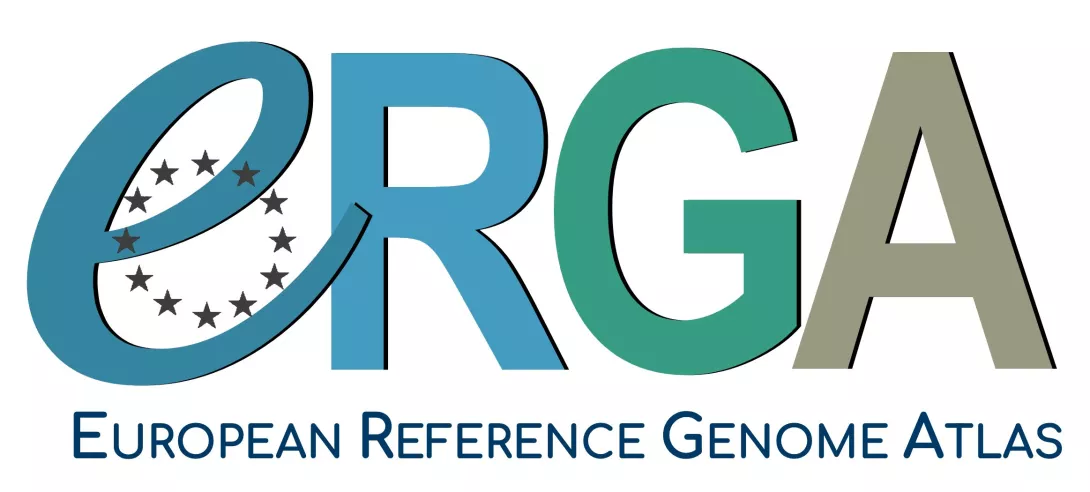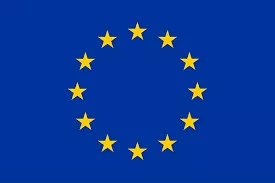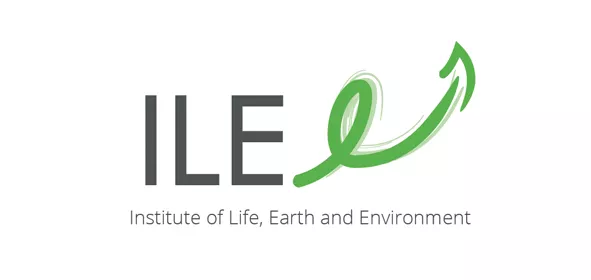Announced in Nature, the ERGA (European Reference Genome Atlas) initiative is a pan-European scientific response to the current threats to biodiversity. The consortium of researchers, which includes UNamur researchers from Alice Dennis' team, is coordinating the production of a database of reference genomes to better understand and preserve European biodiversity.
The genome is the set of chromosomes and genes of a species or individual. Reference genomes provide the most complete overview of the genetic base that makes up each species and are a powerful resource for understanding how biodiversity works.
ERGA, the genome under the microscope
The mission of the ERGA community is guided by the fundamental principles of FAIR and CARE (*):
- Scientific excellence
- Expertise
- Distributed infrastructure
- Balanced taxonomic, geographic and habitat representation
- Inclusive and socially diverse practices
- Data generation and publication
- Prioritisation of species requiring urgent attention.

* The CARE Principles complement the existing FAIR Principles, which require data to be discoverable, accessible, interoperable, and reusable. While the FAIR principles aim to facilitate the sharing and re-use of data, the CARE principles ensure the ethical use of data.
ERGA is supported by Horizon Europe under the Biodiversity, Circular Economy and Environment program (REA.B.3, BGE 101059492).

"As chair of the annotation committee, this is my main focus. Annotation is very important because it allows us to identify the different functional parts of a genome: which part produces proteins, which are the repetitive elements, etc. Without annotation, a genome is just a bunch of letters!", explains Alice Dennis.
"ERGA has been funded by Horizon Europe for almost a year, but we launched a pilot project before that. As part of this pilot project, researchers from 34 European countries worked together to produce 98 new reference genomes. It was a truly impressive effort! I mainly helped coordinate the types of data to be produced, in particular gene expression data for annotation, and produced recommended annotation pipelines. The publication of this project will be submitted soon."
ILEE, an institute to anticipate environmental challenges
The ILEE institute brings together researchers with a wide range of skills in basic and applied sciences, enabling it to make a significant contribution to understanding the evolution of life and current and future environmental challenges, as well as to improving the quality of life and finding sustainable solutions, from an ecological, technological, socio-economic, and historical/cultural point of view
Within the 'Evolution, Adaptation and Biodiversity' cluster, Alice Dennis' team is carrying out comparative work to identify hidden biodiversity, identify the loss of diversity and the populations most at risk of extinction, and understand the genomic basis of adaptation to the environment.
Her laboratory studies how wild animals (mainly small invertebrates such as snails and insects) evolve to adapt to new temperatures, integrating several areas of research, including physiology, field studies and genetics.
Alice Dennis has been involved with ERGA since January 2021. She is also using the network to reach and involve people working on molluscs. To facilitate the exchange of data, she sits on the EBP annotation committee, which has just published the first set of guidelines, which will be reproduced at the ERGA. She also coordinates training sessions, mainly online.
Upcoming activities
In November 2023, the ERGA annotation team will be taking part in a BioHackathon in Barcelona, organised by Elixir, a European life sciences infrastructure that brings together scientists from 23 countries and more than 250 research institutes. It enables researchers to access and analyse life sciences data to improve the value and impact of life sciences research on public health, the environment, and the economy. The researchers are delighted to be taking part in this hackathon. They hope to go on to produce a publication and a 'containerised' set of computer programmes that will help streamline annotation projects.
Alice Dennis will also be organising an EMBO "Workshop to establish state-of-the-art mollusc genomics" in May 2024.
More info en the EMBO workshop website soon
ERGA is also a participatory project. Members of the public can even suggest species to be sequenced. The second call has been launched and will close on 1 October 2023.

